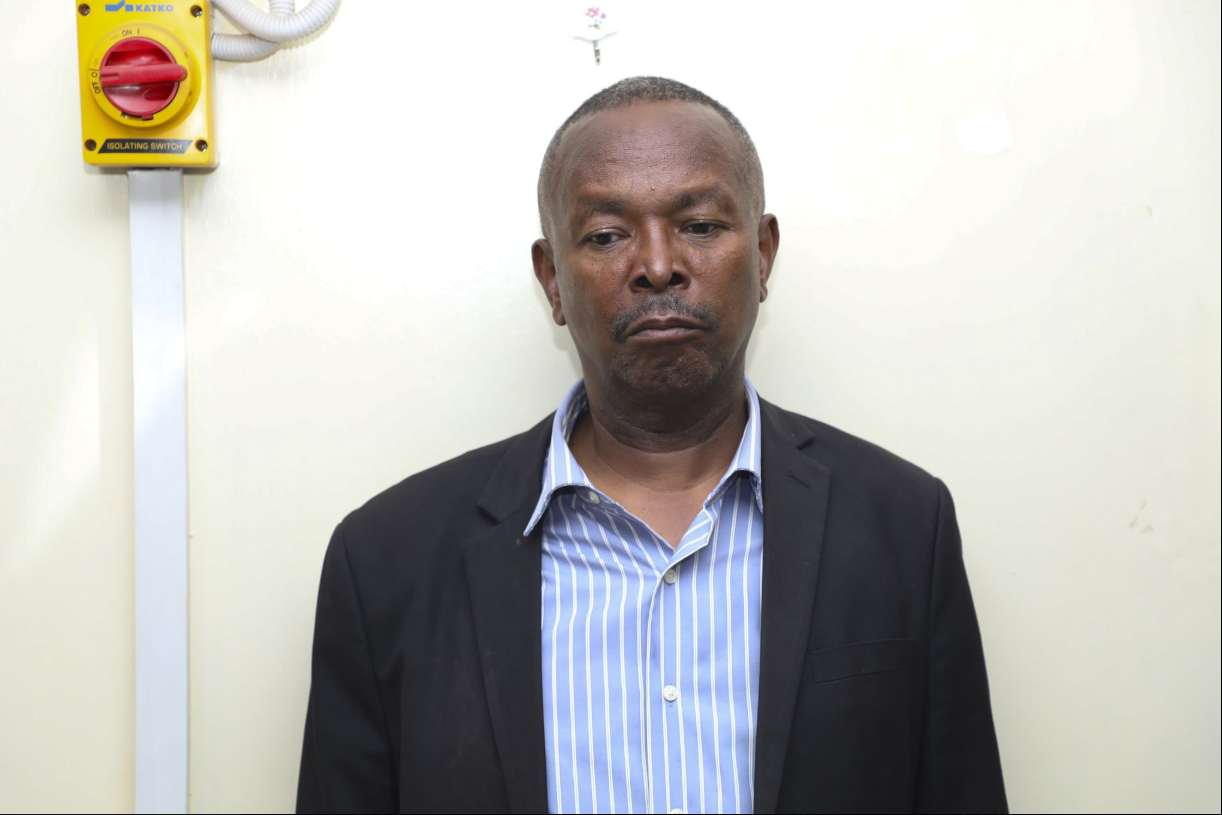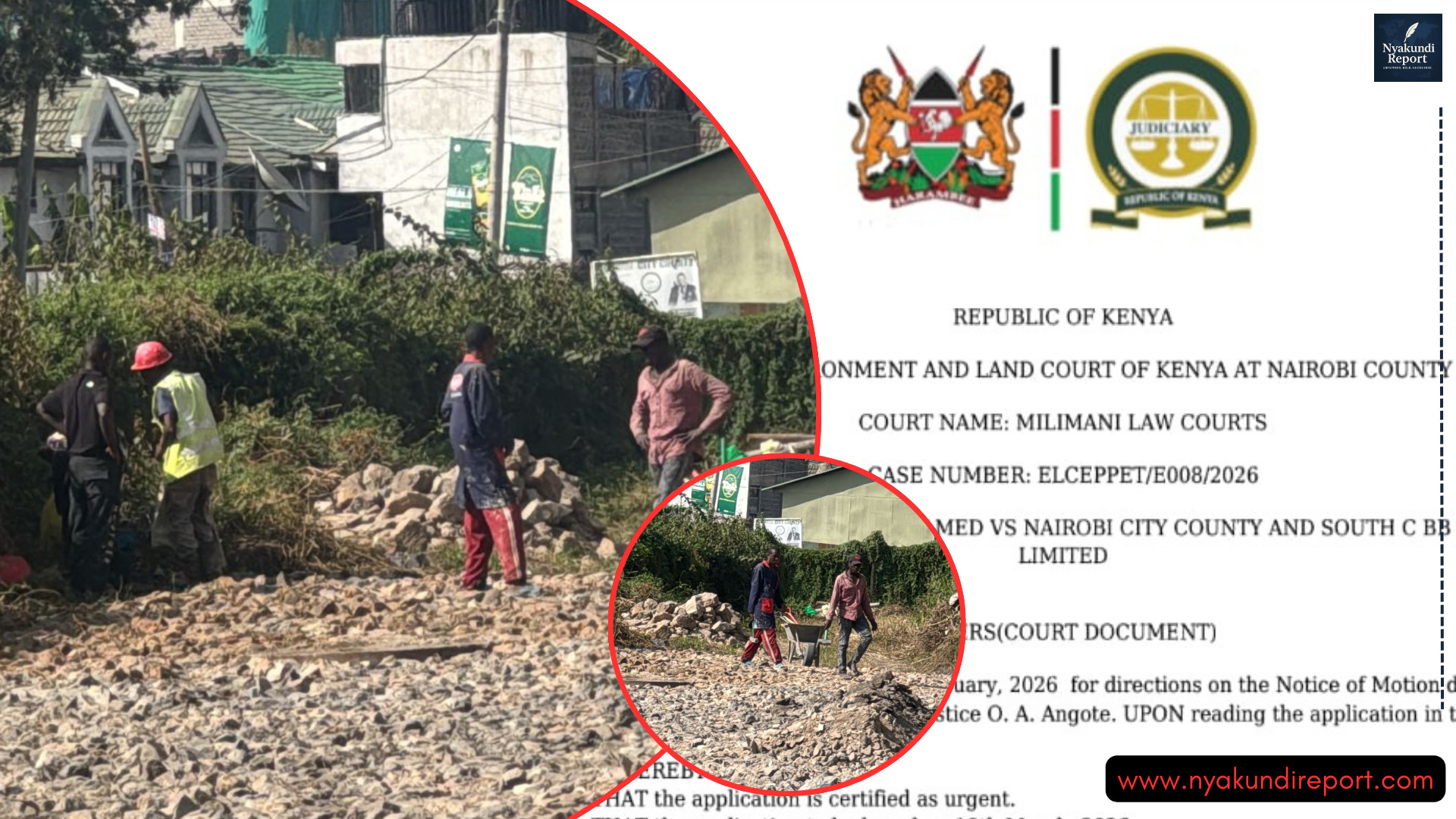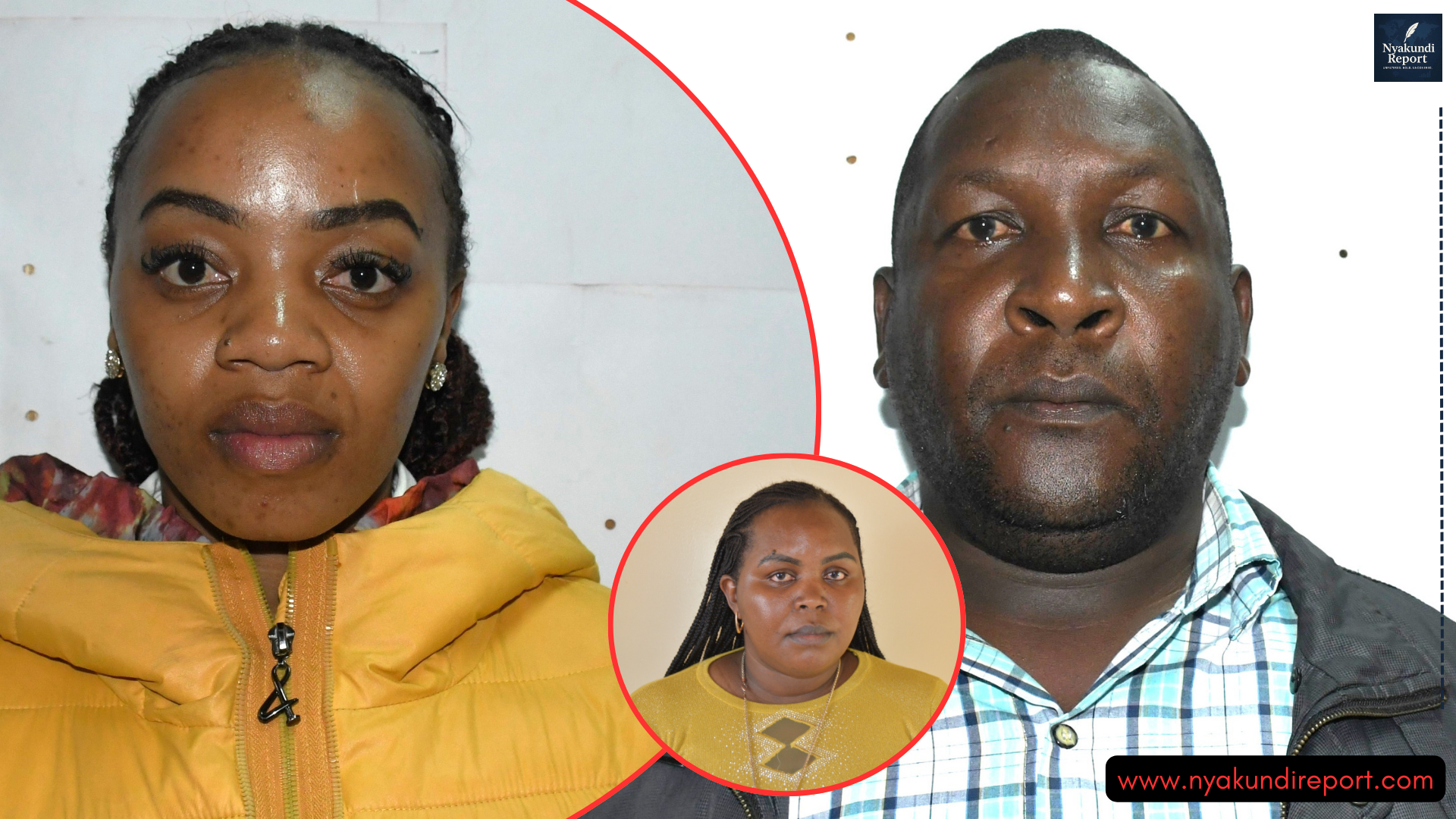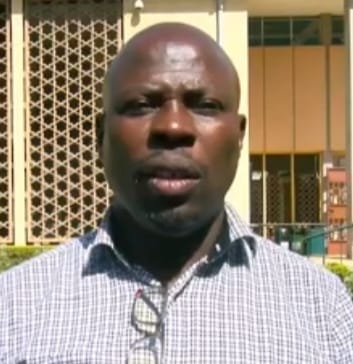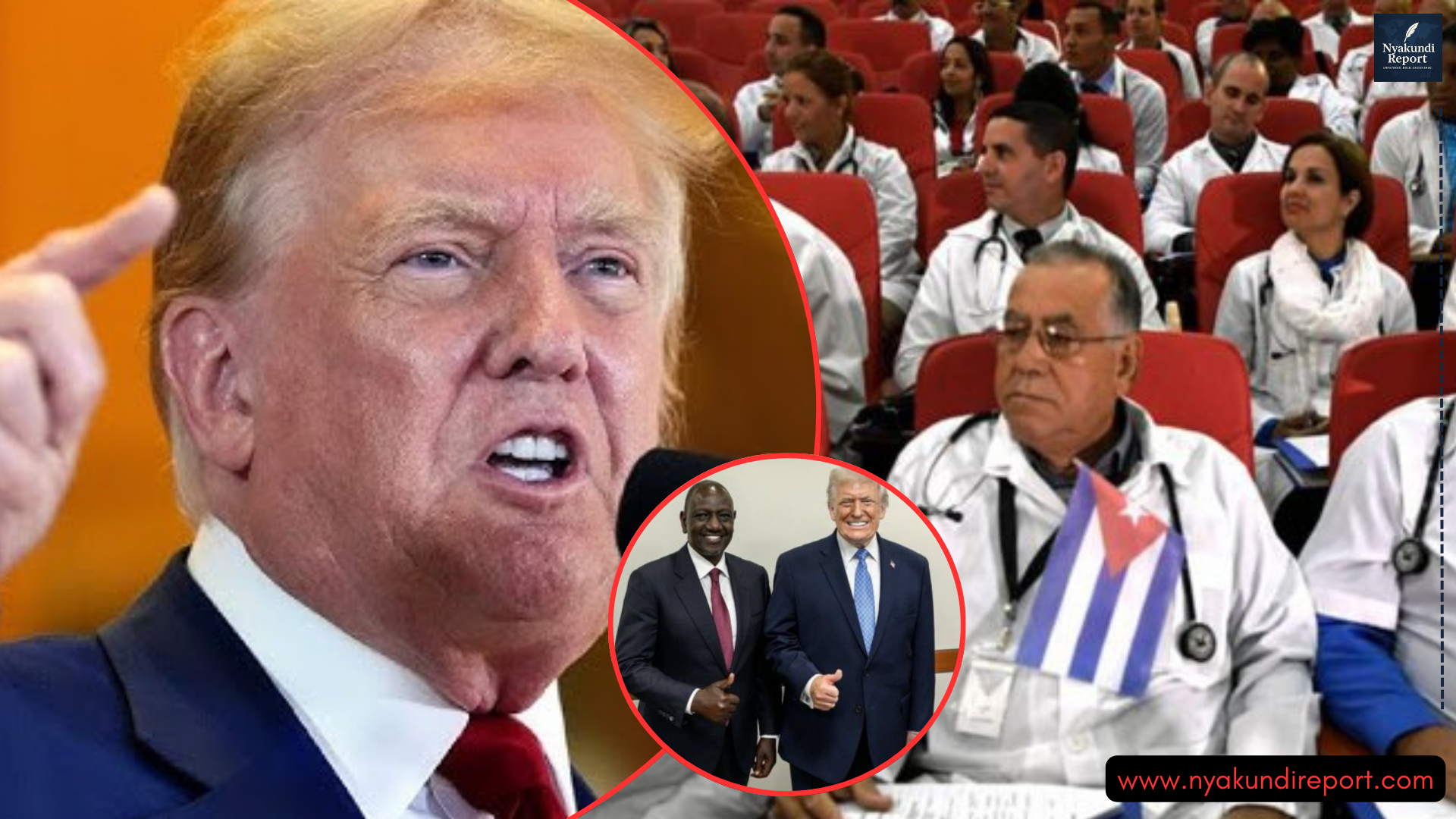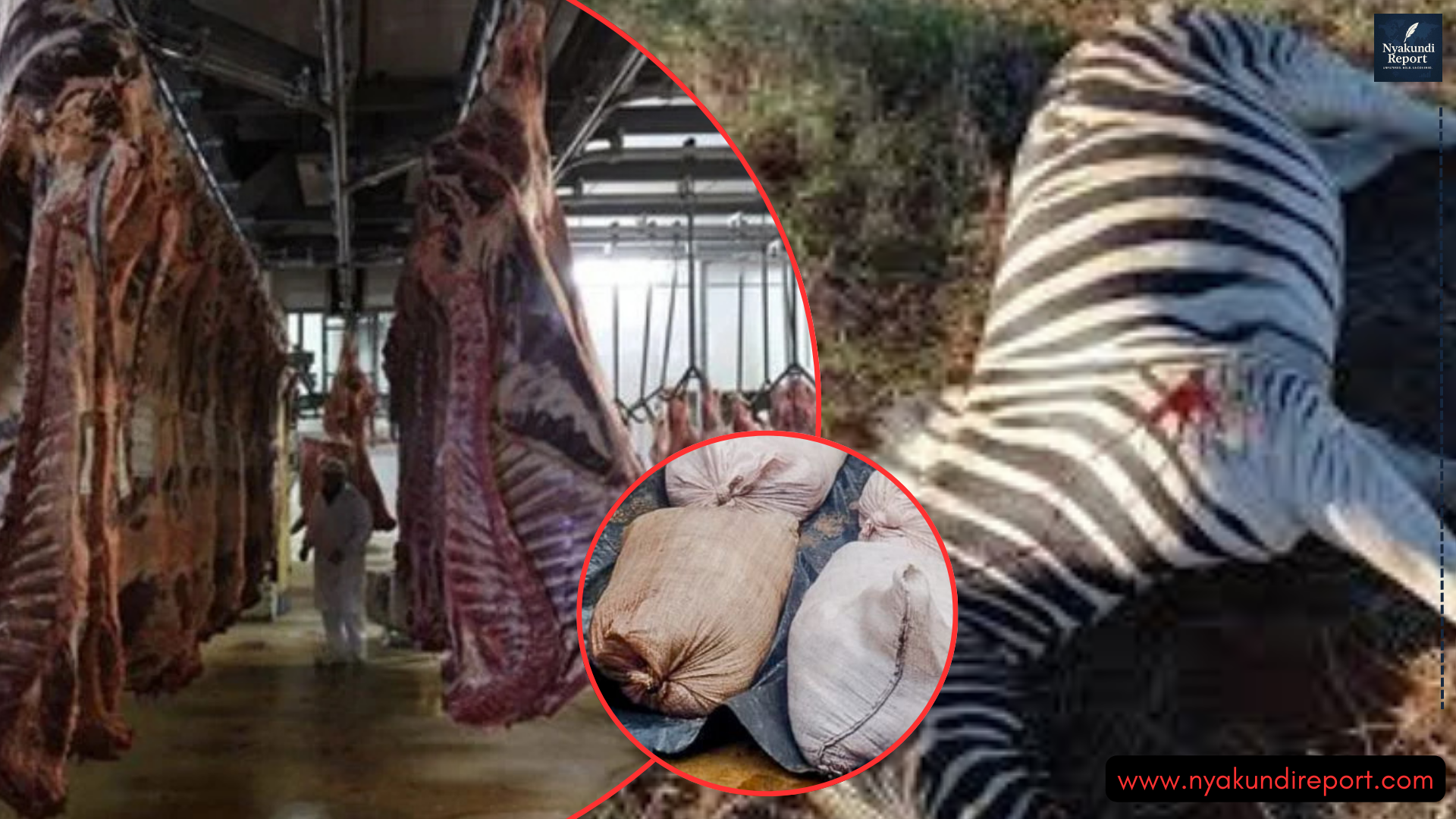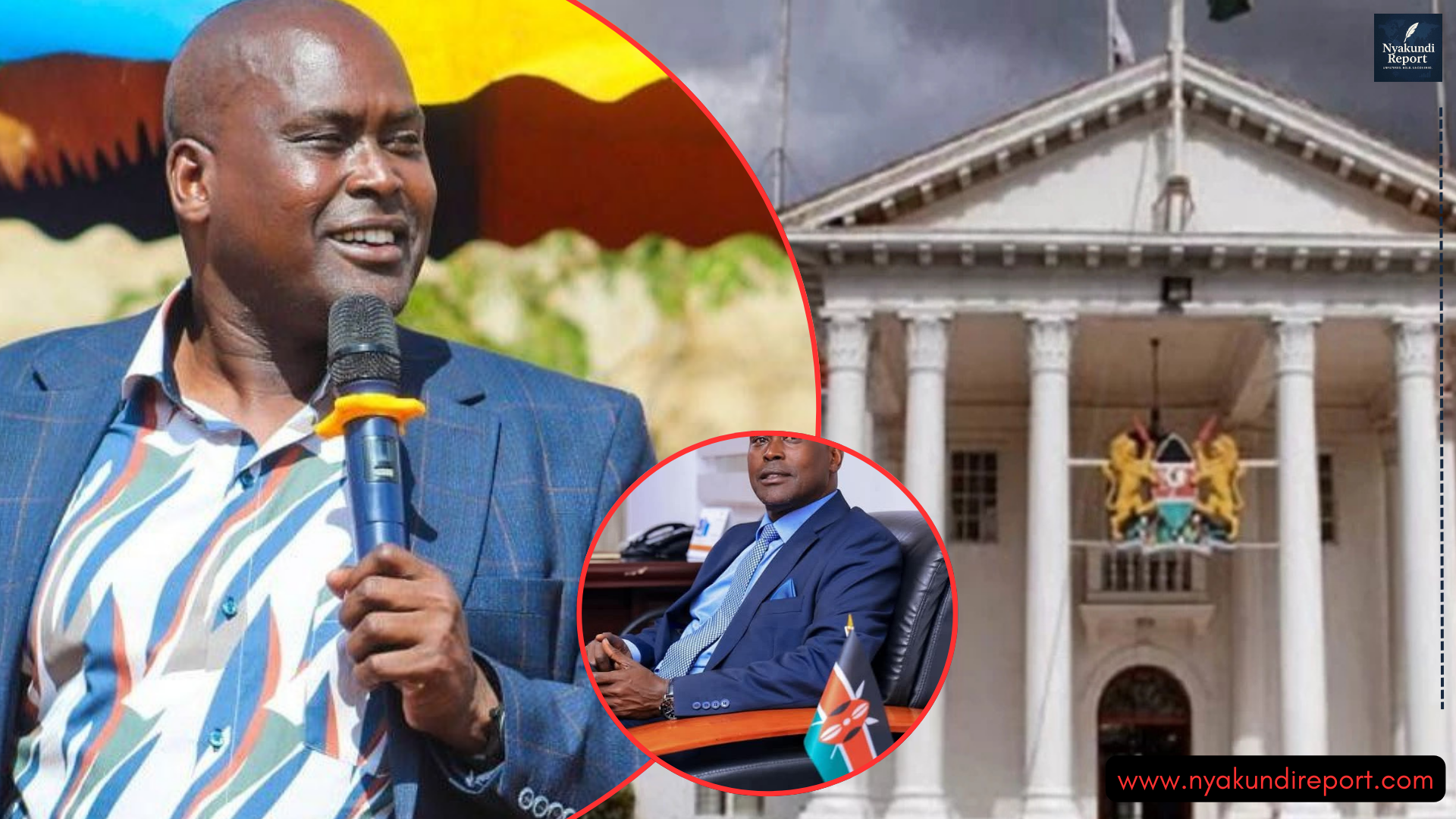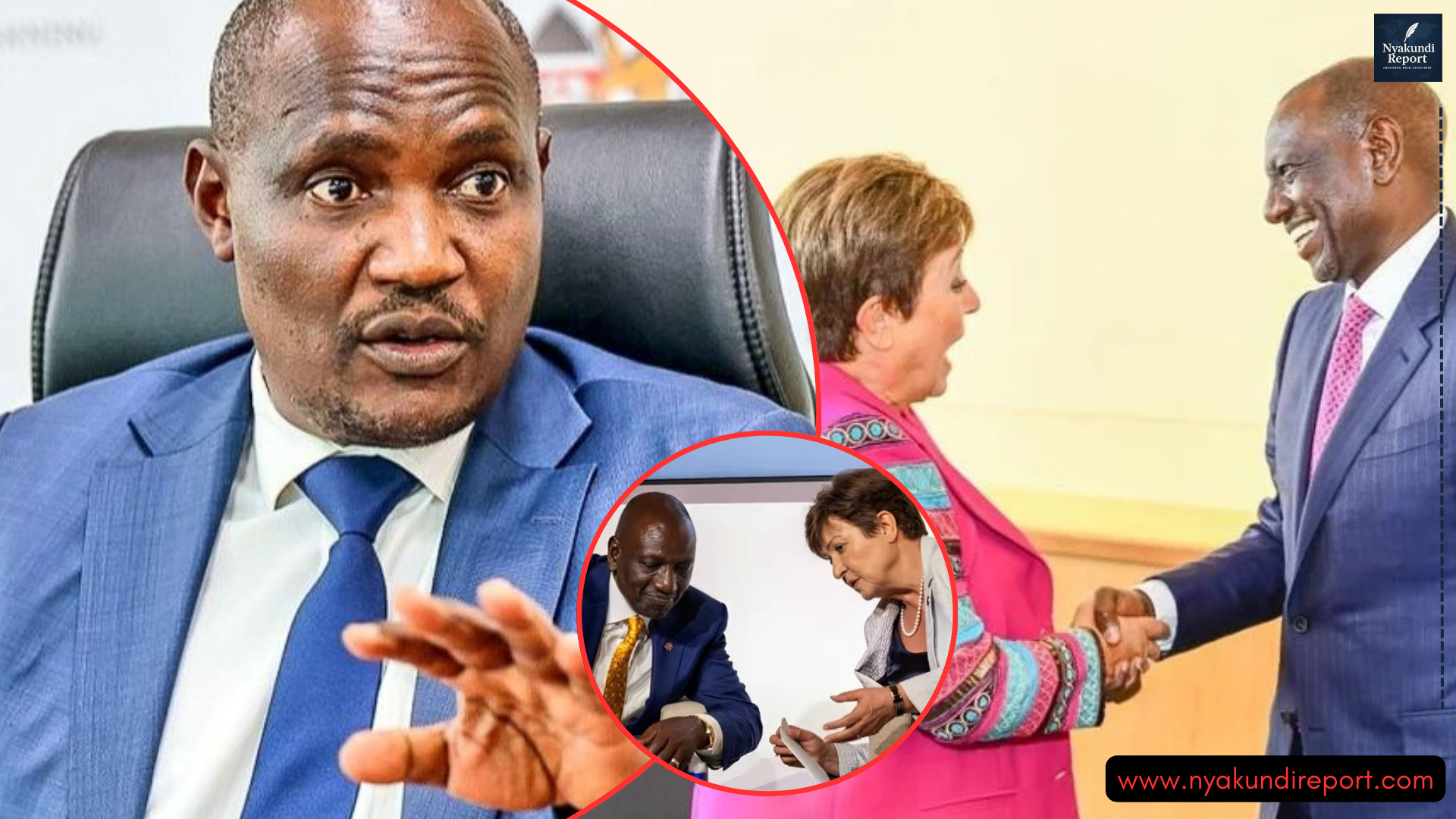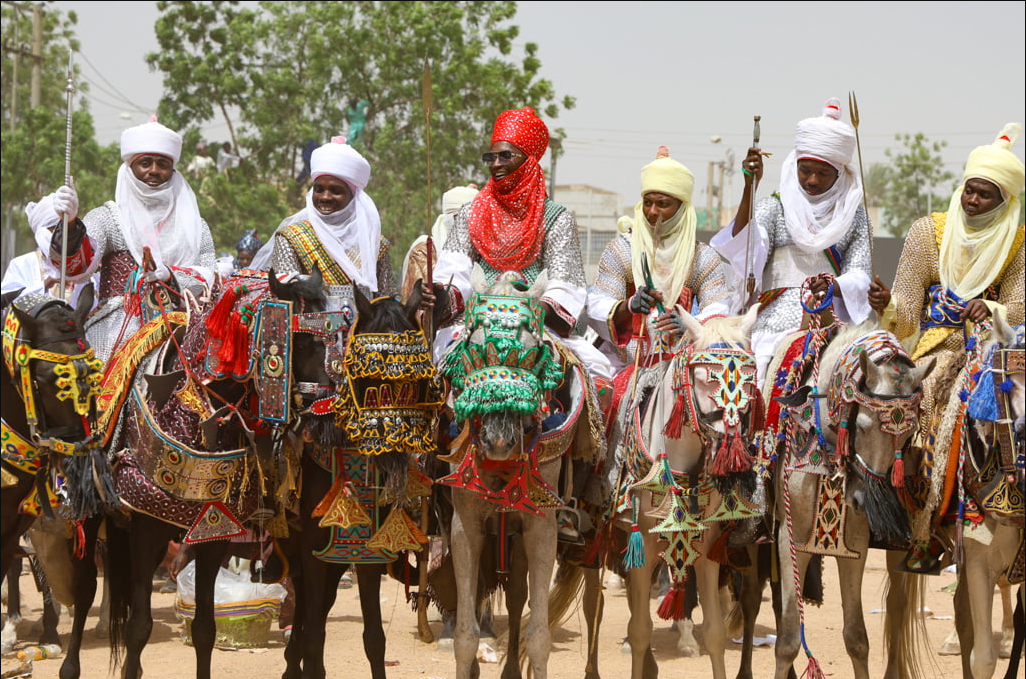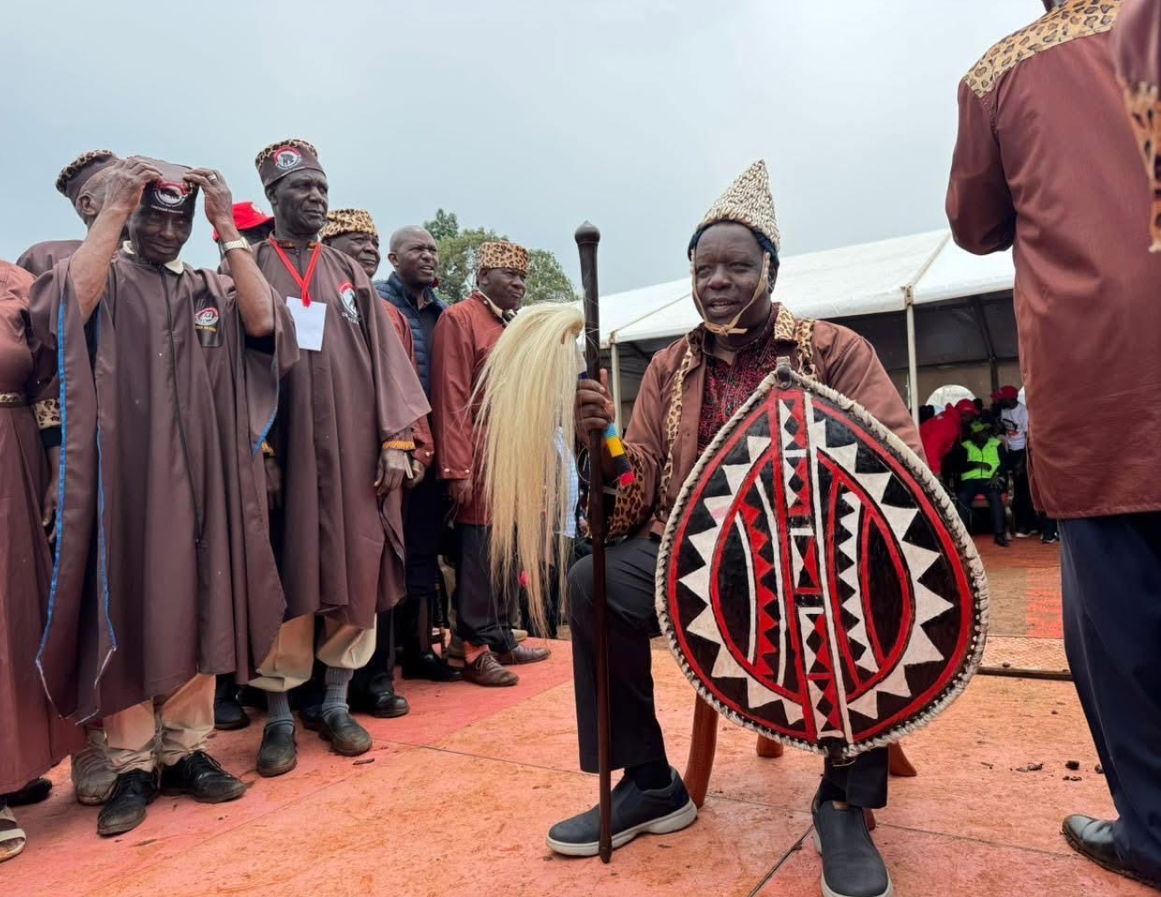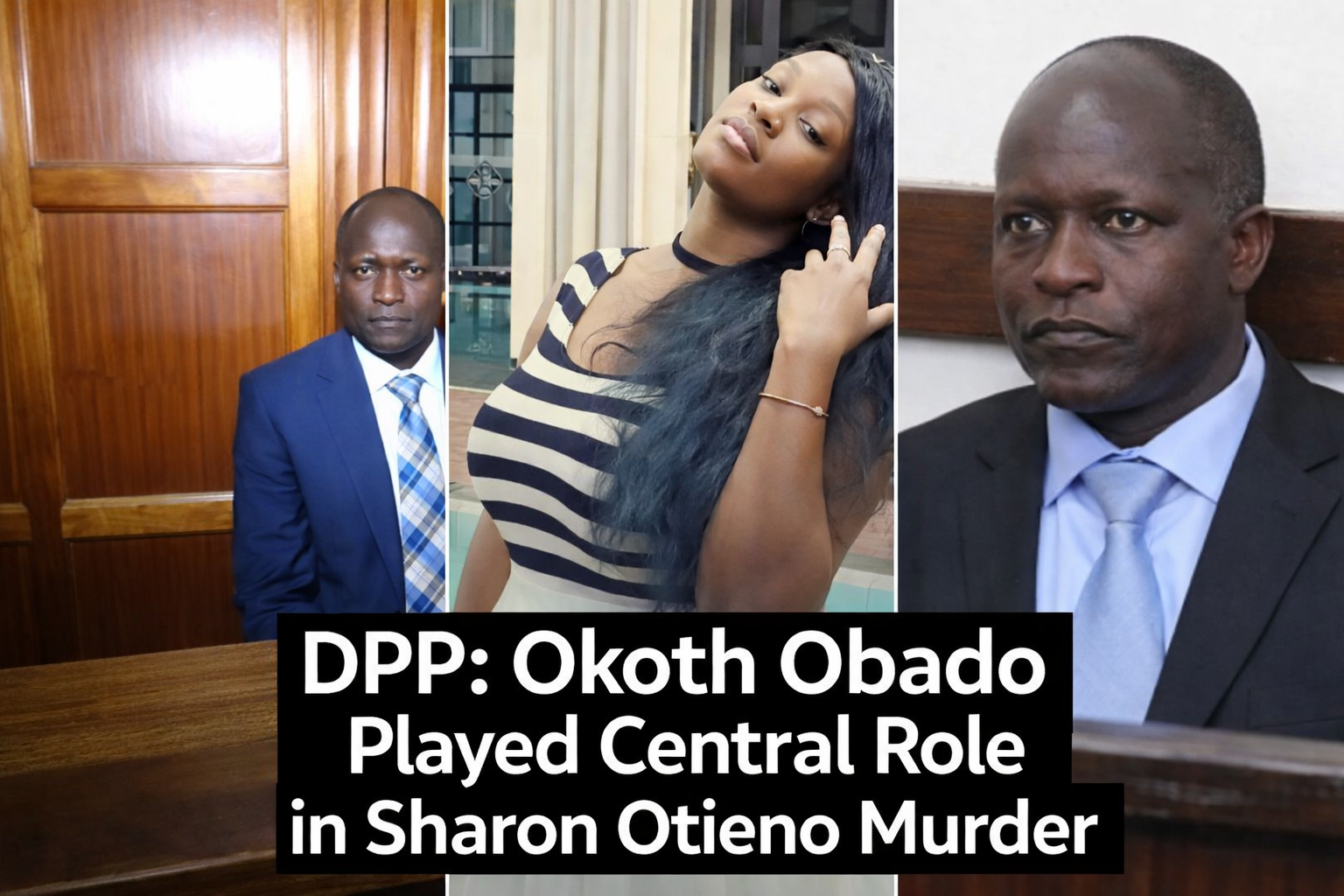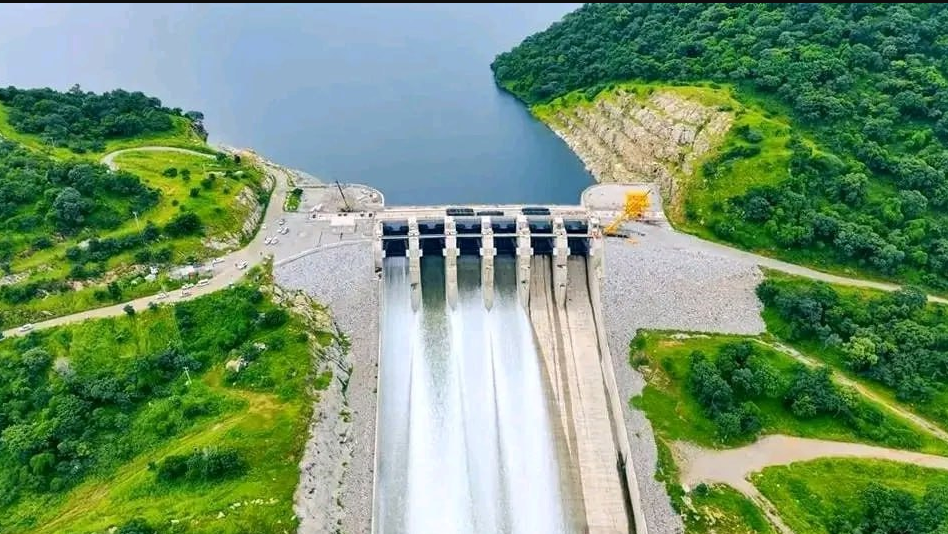In a dramatic regional fallout, People’s Liberation Party (PLP) leader Martha Karua has hit back hard at Tanzanian President Samia Suluhu Hassan, accusing her of authoritarianism and regional hostility.
This comes after Suluhu labeled Karua and five other Kenyans “invaders” and had them deported from Tanzania on Sunday, May 18.
Karua, known for her vocal stance on justice and governance, rejected Suluhu’s claims, stating they had entered the country legally, only to be humiliated and ejected under what she called a growing climate of dictatorship.
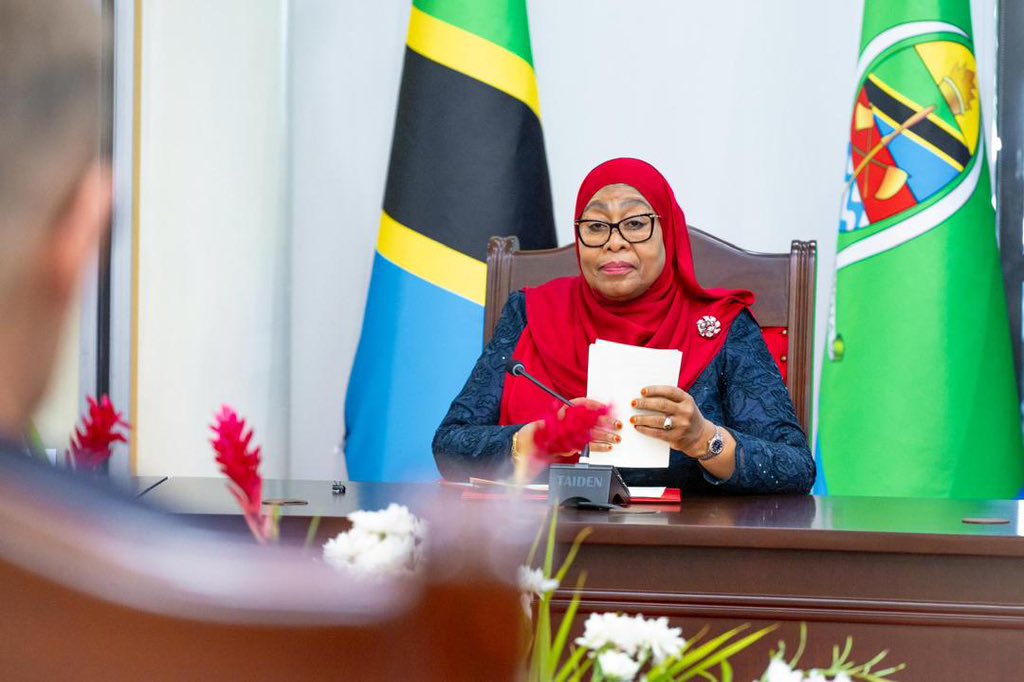
President Suluhu Hassan’s Shift from Trailblazer to Dictator
Once hailed as a symbol of progress and female empowerment in East Africa, President Suluhu Hassan is now drawing widespread criticism for her growing intolerance of dissent. Her government has increasingly cracked down on opposition voices, with the recent arrest of prominent opposition figure Tundu Lissu marking a disturbing turning point.
Lissu, who had announced plans to challenge Suluhu in the upcoming October elections, was dramatically arrested and charged with treason — a move condemned by human rights groups as politically motivated.
Suluhu’s rhetoric has grown hostile, particularly against perceived foreign interference. During a public speech on Monday, she lashed out at Karua and other Kenyan activists, accusing them of using social media to spread political dissent and destabilize her country.
“They have destroyed their countries, now they want to do the same with ours,” Suluhu declared.
Her comments came just a day after six Kenyan activists and public figures — including Karua, former Chief Justice Willy Mutunga, journalist Hanifa Adan, and renowned activist Boniface Mwangi — were detained at Julius Nyerere International Airport, had their passports seized, and were swiftly deported.
This bold move has ignited a regional storm, with many seeing it as a violation of East African Community (EAC) protocols, which promote free movement and cooperation among member states. Karua directly challenged Suluhu’s actions, saying:
“Samia Suluhu, we did not invade your country. We came legally as people from the East African Community (EAC) bloc, but we were barred from entry, against the region’s free border access, and ejected.”
Karua Defends EAC Rights Amid Regional Tensions
Karua’s response was firm, highlighting not only the legal right of entry under EAC guidelines but also the dangers of leaders weaponizing nationalism to crush dissent. In her statement, she condemned Suluhu’s use of power to stifle opposition and international scrutiny.
“This is not leadership. It is fear disguised as patriotism,” Karua said in a separate social media post.
The former Justice Minister and Azimio la Umoja principal emphasized that the delegation had traveled to Tanzania to engage civil society, not to interfere in domestic politics. She accused Suluhu of using paranoia and repression to silence even peaceful observers.
This aggressive stance by Tanzania not only damages diplomatic relations but also sends a chilling message to other East African nations working towards democratic cooperation and regional stability.
If citizens of one EAC country can be expelled without cause from another, the very foundation of the regional bloc is undermined.
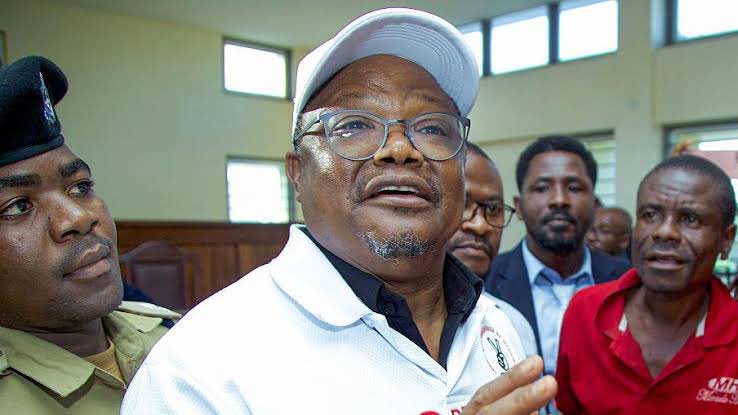
President Suluhu Hassan’s Growing Autocracy Threatens East African Stability
President Suluhu Hassan’s crackdown is not an isolated incident but part of a troubling pattern. Since taking office after the death of John Magufuli, she initially presented herself as a reformer. However, observers now say she has taken a sharp turn toward autocracy — consolidating power, arresting critics, and muzzling the press.
The imprisonment of Tundu Lissu and the deportation of foreign critics suggest a regime deeply threatened by opposing views. Her recent statement urging law enforcement to “act swiftly” against foreigners with “ill intentions” gives cover to arbitrary detentions and abuse of power.
Human rights defenders fear Suluhu’s government is using national security as an excuse to silence internal and external dissent.
In doing so, she is eroding the credibility she once held as East Africa’s first female president — now seen by many as a dangerous authoritarian determined to crush opposition by any means necessary.
As Karua and other regional leaders push back, they are not just defending themselves but also the broader values of transparency, regional unity, and democratic freedom.

